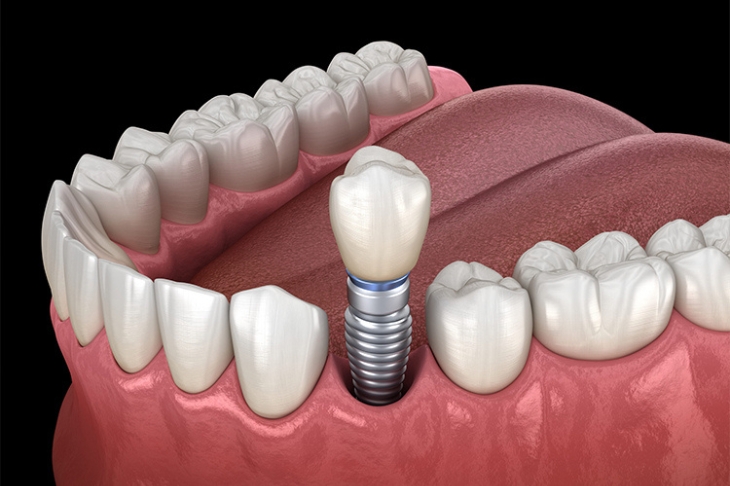When you are looking for an effective missing tooth solution, you will hardly find a better option than dental implants. Their immense stability, natural look, and longevity are the main reasons for their popularity worldwide. Although implants offer numerous advantages, you must be extremely careful after the procedure to heal properly and avoid complications. Dentists recommend a few restrictions, which you must follow without fail. It includes everything, right from dietary guidelines to activity restrictions. Are you stepping away from dental implantation out of fear? Although it is an invasive procedure, modern sedations ensure a painless procedure. Check out the key restrictions you should follow after getting dental implants.
Dietary Restrictions: What To Eat And Avoid
Dentists generally advise patients to rely on a soft-food diet for at least a few days after getting dental implants . It helps to minimalize the pressure on the implanted site, avoiding any scope for injuries and promoting healing. After a few days, you can start eating semi-solid foods before returning to your regular diet. Avoid nuts, raw vegetables, popcorn, and candies as they can impact the healing of your implants. Excess pressure on the implanted site is one of the leading causes of implant failures. Focus on having mashed potatoes, soups, yogurt smoothies, and scrambled eggs.
Oral Hygiene Restrictions: How To Care For Your Implants?
Proper oral hygiene is essential to avoid bacterial growth after dental implants. But how should you do it? Are you aware of the restrictions? You should be extremely careful while brushing and flossing, especially during healing. You should follow a gentle approach and avoid being too harsh; take your time while cleaning. Avoid brushing directly on the implanted site to prevent damage. You can rinse your mouth gently using lukewarm salt water for the first 458 hours to reduce inflammation and keep the site clean. Dentists generally advise patients to resume brushing and flossing at least after the first week.
Physical Activity Restrictions: Keeping Your Implant Secure
Rest well after dental implants and restrict your physical movement to ensure proper healing. Extreme movements can disturb the implanted site and the surrounding tissues, leading to delayed recovery and dental complications. Refrain from lifting heavy weights, participating in physical contact sports, and running for at least a few weeks. Always remember that sporting activities can increase blood pressure levels, leading to swelling and bleeding. You can generally walk, but avoid anything that puts unnecessary pressure on your jaw.
Smoking And Alcohol Consumption: Risks To Your Healing
Alcohol consumption and smoking can significantly impact your healing process after dental implant surgery. Niccotine present in ciggerates tend to restrict the blood flow which negatively affects the healing. It also leads to dry mouth, and inadequate saliva levels can be ideal for infections to develop. Alcohol affects the immune system of our body and impacts the overall healing process. Nothing can be better than leaving alcohol and quitting smoking forever, but if you can’t, only resume after proper healing.
Follow-Up Appointments: Monitoring Your Progress
After your dental implant procedure, it’s essential to attend follow-up appointments. Dentists will monitor your healing progress and ensure that the implant integrates correctly with your jawbone. These appointments help your dentist detect any issues early, such as signs of infection or implant failure. Delaying follow-up appointments can lead to complications that could affect the long-term success of your implants. Stick to the follow-up schedule that your dentist issues to avoid complications.
Ensuring a Smooth Recovery After Dental Implants
The restrictions after dental implant surgery are essential for ensuring proper healing and maximizing the success of your implants. Follow exactly what your dentist recommends for a quick and effective recovery. Your dentist can only guide you; you just have to follow it. The recovery guidelines and restrictions can widely vary from one person to another. You should follow the specific guidance of your dentist for effective results.


